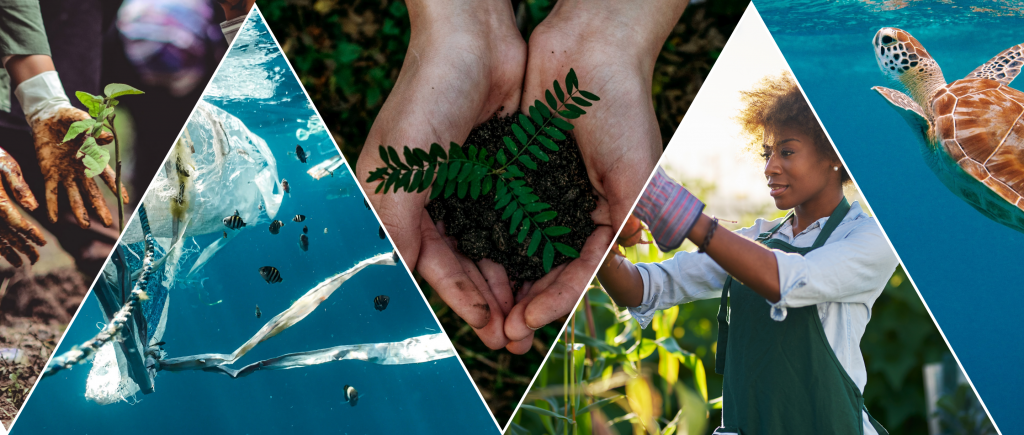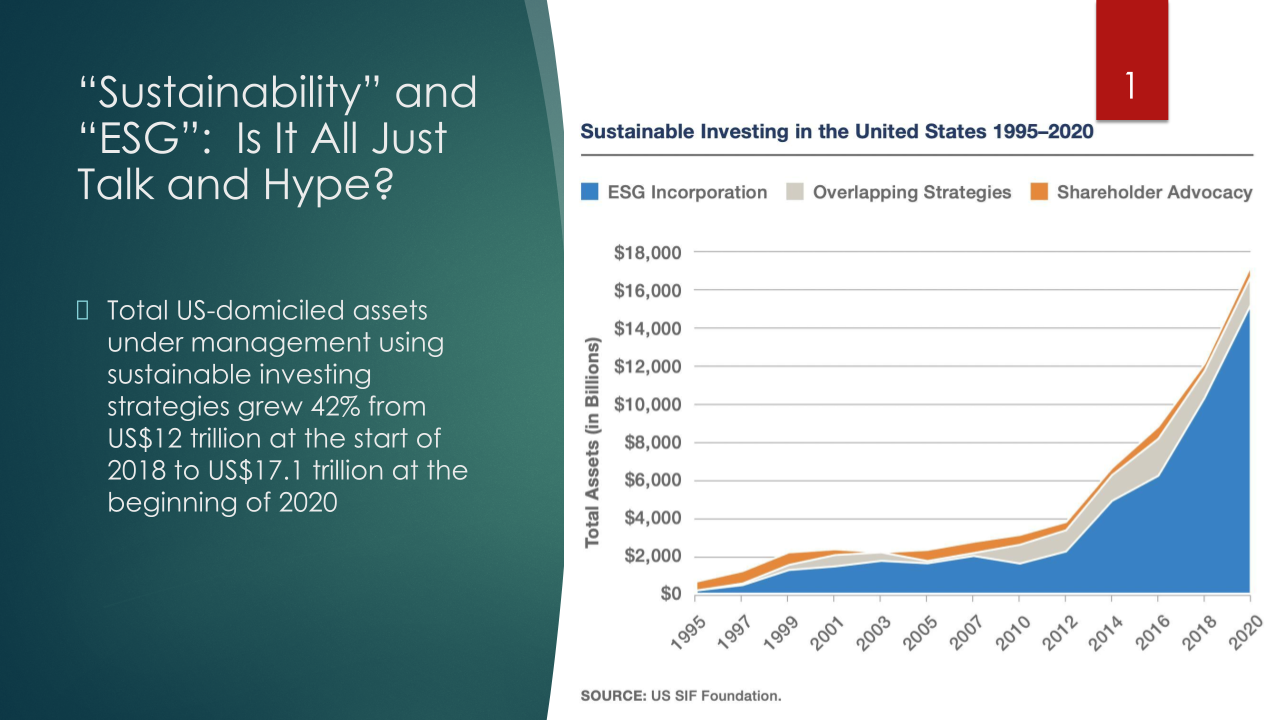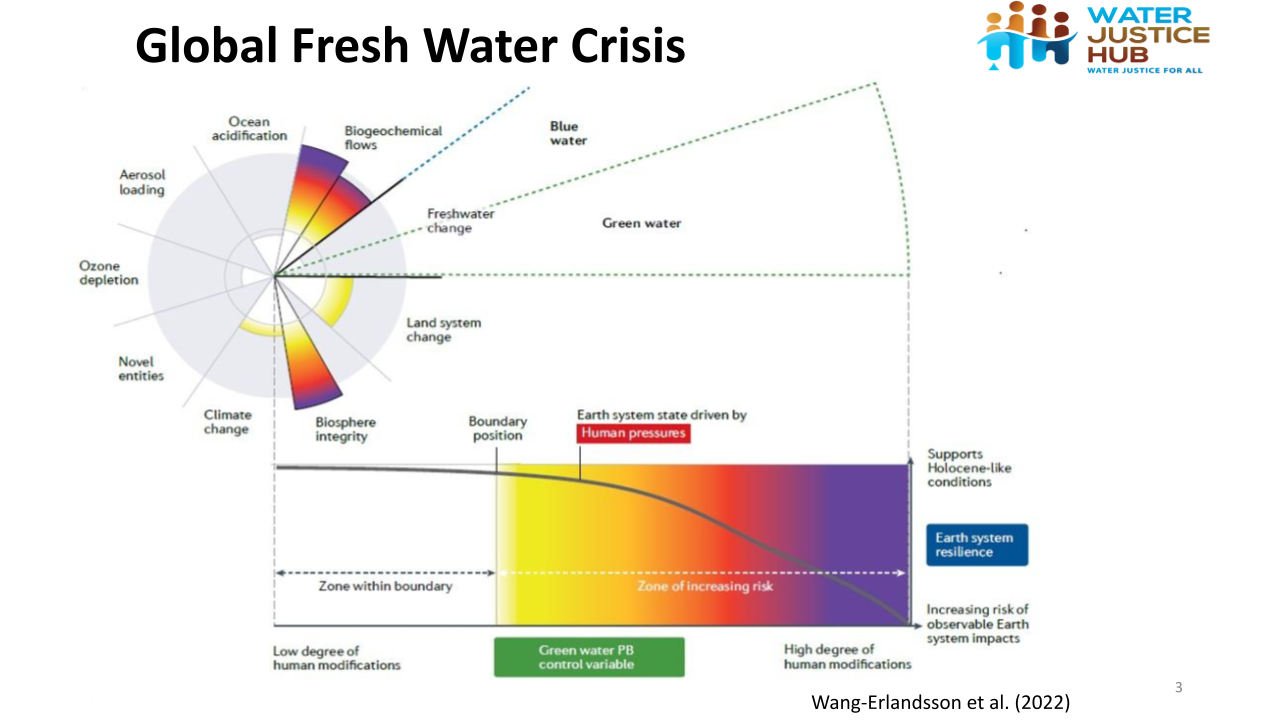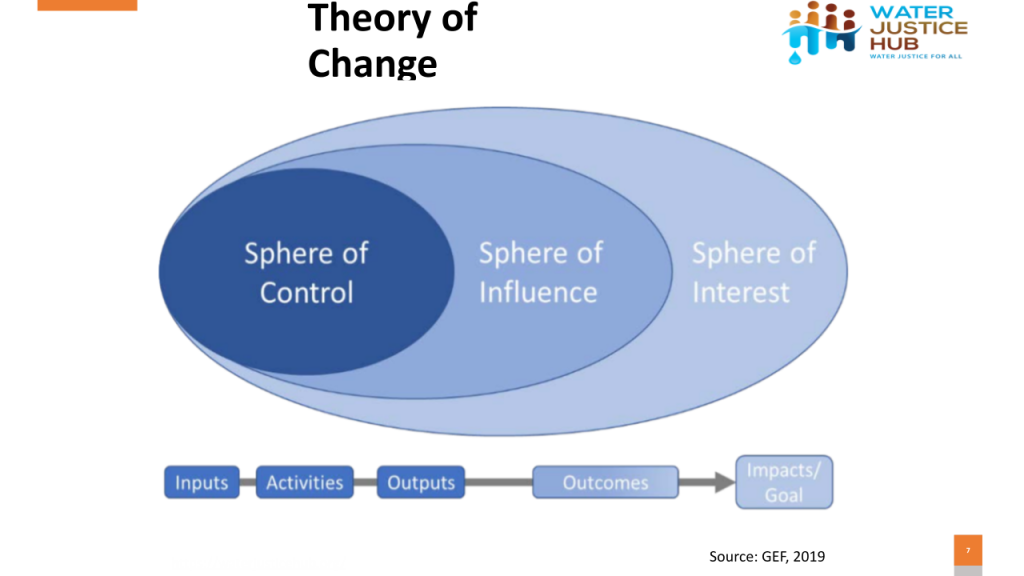By Robert Hughes, Advance.org Research & Insight.

Significant climate catastrophes and real threats to future prosperity have brought sustainability to the forefront of almost every conversation – in homes, in universities and schools, in board rooms, and in government. And with “eco-anxiety” becoming pervasive1, there is a desperate call to action to protect our natural world, and begin to reverse the effects we have had on it.
The Advance.org Global Town Hall on Sustainability brought together leaders representing diverse aspects of environmental sustainability to discuss how Australia can pick up its game to match sustainability standards in other countries, and plotted the actions needed for Australia to become a world leader in the field.
In the lead up to the discussion, Advance asked attendees to rank Australia’s top priorities to achieve a sustainable future, with the top response being to prioritise renewable energies. Through the live polling during the discussion, we learnt that the audience included a few experts in sustainability, but the majority were taking part to learn more and be better informed. This is an important first step, and confirms what a lot of the speakers outlined, that our community already has the right mindset, the mindset to want to do more to be sustainable.
From pariah to gold-medal winner
Australia has spent the last 30 years as a climate pariah. Our peer nations on the global climate stage have included Russia, Saudi Arabia and Venezuela, referred to as petro states. But, despite this, strangely, we now have the opportunity to leap forward and snatch the gold medal for decarbonisation, and sustainable solutions.
The contributors implored there is already real, groundbreaking leadership in the field, and pointed to examples of policy foresight and creative solutions to sustainability challenges throughout Australian history. While there may be contrary forces at play, the contributors emphasised that as wealthy nation, with a high standard of education and a highly skilled workforce, we do not need to wait for top-down decision makers to lead the way. We have the capability and potential to set a global standard for sustainability, and can seize opportunities now.
Renewable Energy and Electrification
For Dr Saul Griffith, an inventor, author and founder, as well as the Advance Advance Manufacturing Award 2012 Winner, the most important opportunity to seize is to electrify everything. Saul has spent his life in the pursuit of real world, renewable solutions to our energy needs, has advised large organisations and governments across the globe. He explained that Australia’s modus operandi is not sustainable, yet our wealth derived from our rich natural resources has created powerful entities that are committed to business as usual, and keeping the existing structures the same. But the solution is clear: we must quickly reform our energy economy, and electrification has the potential to meet three quarters of our energy demands. This may seem like a daunting task, but Australia already has a significant advantage over other countries.
‘Australia is the first country in the world where the economics of electrifying all of the things in your life with renewable energy is actually in your economic advantage.‘ – Dr Saul Griffith
Australian rooftop solar is a miracle, according to Griffith, and is currently the cheapest energy in the world delivered end to end. This is a huge advantage Australia has, an advantage we should be leveraging to become a world leader in renewables. But, having access to this energy is only one part of the puzzle. We’re also blessed with an extremely skilled and capable workforce to introduce the required infrastructure. But we lack proper policy to accommodate electrification, specifically for electric vehicles and buildings.
Getting the correct policies in place is always easier said than done. Politicians will always talk about what can be done in the future to solve the problems we have now, as an attempt to offload responsibility to our future selves. Mentions of future world saving technologies are great, and the development of these technologies is essential, but they won’t help us cut our emissions over the next ten years. What will help, is leveraging the skills and advantages we have right now to begin switching our country to renewable energy.
So what can we do? Well, according to Griffith, there’s a lot of things we should be doing, and luckily for the average Australian, these decisions are in our best interest. Firstly, if we are to achieve our target of below 2 degrees in global warming, the next car each of us buy, and every other car after it, should be electric. Secondly, we need to start ingraining sustainability into every aspect of our mindset, making millions of correct electric choices, and powering those choices with solar and wind energy. It’s a big job, but because of our access to renewable energy and our low population density, we’re already ahead of countries like the US by about five years, and countries in Europe by ten. On top of this, these changes won’t just benefit the Earth, but also save the average Australian household $4000-5000 a year on energy and transportation costs.
Waste
Waste management is a pressing factor contributing to a sustainable Australia, bringing in the perspective of Prof. Veena Sahajwalla, an internationally recognised materials scientist, engineer, and inventor who has spent her career revolutionising recycling science.
‘Sustainability in our modern society is about providing tactile solutions that are viable in a business setting. Australians for a very long time have seen waste as either recyclable, or not. While recycling is important, it’s also important not to limit ourselves to an outdated mindset.‘ – Professor Veena Sahajwalla
To shift the Australian mindset on waste, it should be viewed as a viable and valuable resource, and not a burden. Prof. Sahajwalla’s microfactory creates products from waste textiles and waste glass that can be completely reintegrated into the economy. Run in a decentralised fashion, these factories can be set up all over Australia, allowing empowerment to even the most remote communities. Recycling waste for profit could create a platform of real change; it just needs to be successfully implemented into the economy.
This idea of research from product to market brings in another important aspect Australians must consider if we are to become a sustainability world leader, and that is the importance of collaboration. We already have access to these valuable materials in our garbage, and the research and technology already exists to turn these materials into important products used for manufacturing. And, as Prof. Sahajwalla points out, these products are actually cheaper than their non-sustainable alternatives. So, the hard yards have already been put in, now we just need to utilise and incorporate these technologies into important building projects. And to do this, we must reclassify waste as a valuable resource.
But how do we do this? Well the wheels are already in motion, so to speak. Once these manufacturing solutions are implemented, their value will slowly add to this reclassification, by creating new jobs, transforming our waste, and deploying the transformed resources back into the economy. The use case already exists for these materials to not only be effective, but cost efficient, we’ve just got to start making the switch.
To enter into the other side of waste, particularly, the waste that isn’t recyclable, Ronni Khan, founder and CEO of OzHarvest, shared the disturbing impact that our food waste has on the environment. Organic matter that we throw away releases greenhouse gases as it decays, and these gases produce more emissions than even plastic or coal production. This may sound far-fetched, until you consider the fact that one third of all global food produced is wasted every year, adding 1.3 billion tonnes of food waste annually.
‘If you want to be a climate activist, and start doing more to help the environment, but can’t afford an electric car, or solar panels, the lowest hanging fruit, and one that can make the most impact, is to simply avoid wasting our food.‘ Ronni Khan AO, Founder and CEO, OzHarvest
This is a solution every Australian can implement right away, without the need for powerful decision makers to introduce policy or infrastructure to support it. Instead, it’s important to understand that we can, right now, take action that makes a difference.
Sustainable Finance
Another important frontline for sustainability in Australia is the way in which our businesses conduct themselves, and where investors and consumers choose to spend our money. Beyond the talk about sustainability and ESG (Environmental, Social and Governance), how often is it actually implemented? Is it all just hype and froth?

Advance Awards Sustainability Finalist 2020, Caroline Angoorly, a senior energy and environmental industry executive, outlined the important part businesses are playing in meeting our sustainability goals. As shown in Image 1, sustainable investment strategies have increased exponentially since 2012, inducing a major shift in investment decisions globally. Larry Fink, CEO of BlackRock, in his 2022 letter to CEOs, pre-empted and shaped these investment decisions, declaring that “every company and industry will be transformed by the transition to a net zero world. Will you lead, or will you be led?”2
A good use case for Australia to consider is the state of New York. Despite minimal federal intervention, the state is a shining example of taking action through strategic investments. In a process where Angoorly played a key role, New York state created a clean energy fund of US $5.3 billion, managed by the New York State Energy Research & Development Authority. This organisation has committed to generating 70% of its renewable resources by 2030, and to run on 100% carbon free electricity by 2040. It is the establishment of organisations with these sorts of aspirational goals that Australia must model themselves on if we want to take the lead on sustainability.
‘We are still near the beginning, and we need to move faster.’ – Caroline Angoorly
And there are plenty of reasons to act now, with a confluence of factors driving sustainable investments and a roadmap for a sustainable future. These factors include growing awareness and acceptance of the reality and enormity of the problem (by governments, corporates and individuals); the voluntary public commitments being made by corporations; the implementation of international accords (e.g. Paris IPCC); government action (at the Federal, State and Local levels); and of course, commercial opportunities. It is increasingly viable to earn returns by doing good. But, to truly reap the benefits of these factors, we need the government to keep up, introducing a regulatory framework that is certain, consistent, and which allows these businesses to continue down their roads to sustainability.
Water Economics

Another sustainability challenge surrounds the factors behind water economics and water justice. Prof. Quentin Grafton, Professor of Economics and Director of the Food, Energy, Environment and Water Network at the Australian National University, explained the relationship between water and sustainability by sharing our planetary boundaries, i.e. the human-caused perturbations of Earth systems. Crossing a planetary boundary comes at the extreme risk of abrupt environmental change, and as Image 2 shows, our ‘green water’ use far exceeds our planetary boundaries, and is already causing severe consequences in Australia as seen through the cycles of immense flooding and droughts. In measuring and predicting water scarcity, the two major sources of freshwater are distinguished: water in the soil available for plants from rain (called green water) and supply from sources such as rivers, lakes and groundwater reservoirs (called blue water). Given our finite supply of water, and the interconnection of water and climate change, Australians need to make better choices around the way we use and extract water. Importantly, dedicated bodies that oversee water planning need to be able to adapt to climate change and risks in an agile fashion.
‘We must ensure that we are extracting surface water sustainably, so as to conserve and restore ecosystem services, all while ensuring the access to water is just and fair, so even the remotest of communities always have access.’ – Prof Quentin Grafton

Prof. Grafton reminded us of the Theory of Change – whereby each person’s sphere of control is a subset of our broader spheres of influence or interest. So, whoever you are, and whatever you do, you have the ability to influence others. You can use this influence to change the mindset of people within your spheres, so they can do the same. This is the only way we can truly shift a national mindset to one that thinks more constructively not just about water economics, but every issue related to environmental sustainability.
Now is the time to act
There is optimism for the future, and no time to dwell on disdain for past actions or inaction. There is no existing playbook. While we might think we are going into this blind, we do have the skills, the capability, and trailblazers leading the charge. To start with:
- Change our policy mindset, with regulation that optimises the whole stack, from consumer to product.
- Rewrite the rules of the Australian electricity market to reflect a reliance on renewable energies.
- Enhance collaboration between industries, both internally and internationally.
- Transform the infrastructure of our businesses and households to incorporate waste management from the outset.
- Set a price on carbon.
It’s a tall order, but there’s no alternative: we must act now if we are to become the sustainable Australia we could be. We must act now if we are to move from pariah to world leader.
__________________________
1 Eco-anxiety – a formalised psychological term for the chronic fear of environmental doom. “Feel alone in your eco-anxiety? Don’t – it’s remarkably common to feel dread about environmental decline,” The Conversation, 8 November 2021.
2 “BlackRock 2022 Letter to CEOs Highlights the Importance of Sustainability,” Harvard Law School Forum on Corporate Governance, 16 February 2022.